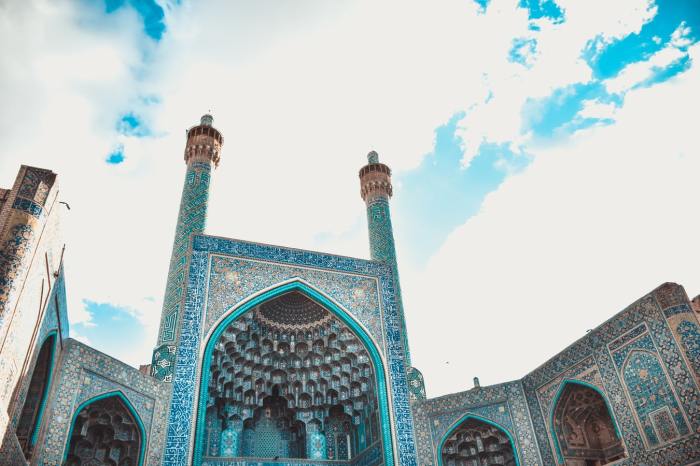Terrorism has been one of the main sources of global insecurity over the past three decades, often fuelled by sectarianism and religious extremism, as the individuals and groups responsible use religious doctrine to justify their actions.
In the Middle East and North Africa (MENA) region, the rise of political Islamist movements, which reached their zenith with the emergence of Islamic State (IS), is arguably the main cause of religiously-motivated terrorism, and is likely to remain so for a long time. In other parts of the world, however, extremism related to Christianity, Judaism, Hinduism and Buddhism has also resulted in acts of terrorism.
While it’s clear that religiously-motivated terrorism is not confined to any one religious group, the approach to tackling this threat often focuses on one solution: security.
Continue reading “Understanding religious extremism in the Middle East and North Africa”When it comes to understanding terrorism in the MENA region, however, there are often multiple factors at play. These include economic, theological, political and even psychosocial narratives which exploit feelings of victimhood, exclusion, and injustice to manipulate and galvanise potential recruits. Therefore a solution must also be multifaceted.



